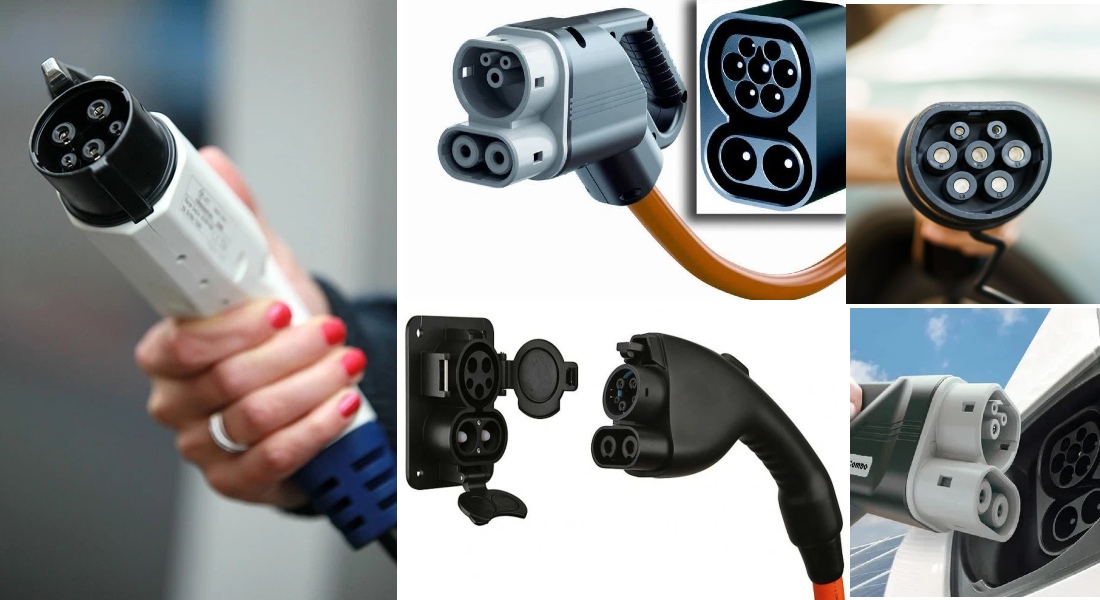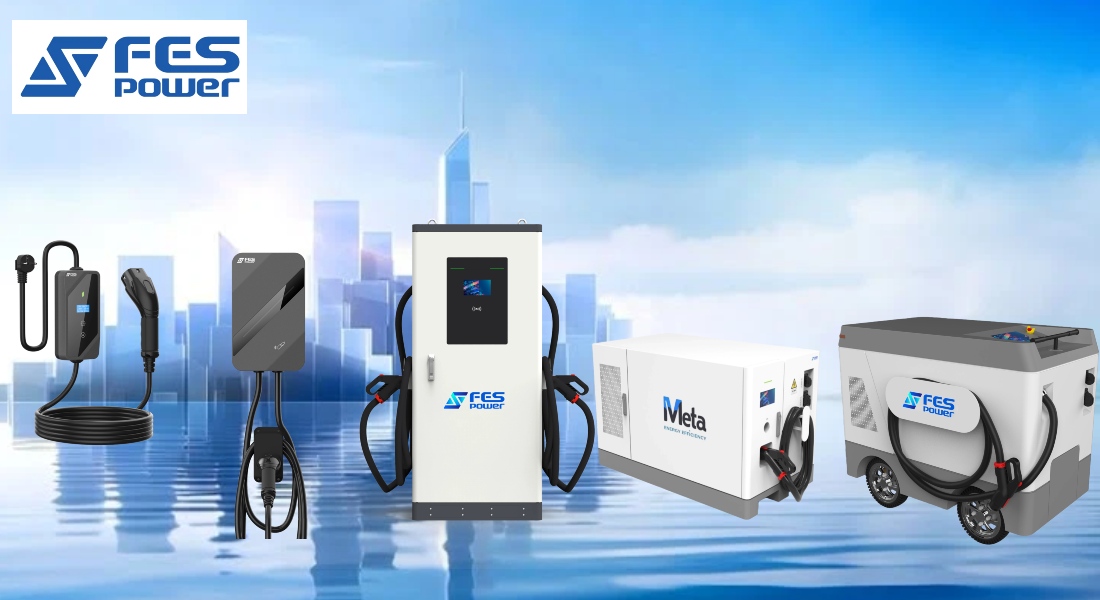- Call Us : +86-15060765919
- Mail Us : bella@fespower.cn
As electric vehicle (EV) adoption accelerates worldwide, the spotlight is shifting from cars to the charging infrastructure that powers them. Yet one major challenge remains: the global fragmentation of charging standards and safety regulations.
Different regions maintain distinct plug types, voltage levels, and certification systems — creating both challenges and opportunities for charger manufacturers. In China, the GB/T and emerging ChaoJi standards lead the market with high-power potential; Europe prioritizes interoperability under CCS2 and Type 2 frameworks; while in the United States, CCS1 and Tesla’s NACS connectors are shaping a new competitive landscape.

This regional diversity is pushing companies to develop chargers that can adapt to multiple standards and grid environments. Industry experts note that the next generation of EV chargers will not only focus on higher output power but also on software-defined adaptability and safety compliance across borders.
⚙️ FES Power’s Global-Ready Product Line
To meet these evolving needs, FES Power
has launched a full spectrum of EV charging products engineered for multi-standard compatibility and modular scalability.
The PC01/PC02 AC chargers are designed for residential and commercial environments, featuring smart connectivity and wide voltage adaptability.
The EC01 wall-mounted unit offers compact design and IP65 protection, supporting both CE and UL safety certifications.
For public and fleet operations, the Cannon 300 and D120 DC fast chargers deliver up to 300 kW of output power and support GB/T, CCS1, and CCS2 standards — making them suitable for use across Asia, Europe, and North America.
Meanwhile, the innovative Meta Series introduces mobile energy flexibility, enabling temporary or emergency charging where fixed installations are not practical.

⚡ A Converging Future for Global Charging
Analysts predict that by 2030, over 40 million public and semi-public chargers will be installed worldwide — but interoperability remains a key bottleneck. To address this, governments and industry alliances are working toward harmonized communication protocols such as OCPP and ISO 15118, enabling smarter grid integration and vehicle-to-grid (V2G) energy interaction.
FES Power’s R&D efforts align with this direction. By combining hardware innovation with intelligent control systems, the company aims to bridge regional gaps and deliver globally compliant, future-ready charging infrastructure.
“While every country has its own standard, our mission is universal — to empower electric mobility with smarter, faster, and safer charging,” said a spokesperson for FES Power.
As the world transitions toward sustainable transportation, one thing is clear: the companies capable of adapting to diverse standards today will power the unified electric ecosystem of tomorrow.
🔗 Learn more about FES Power’s global charging solutions at www.fes-power.com